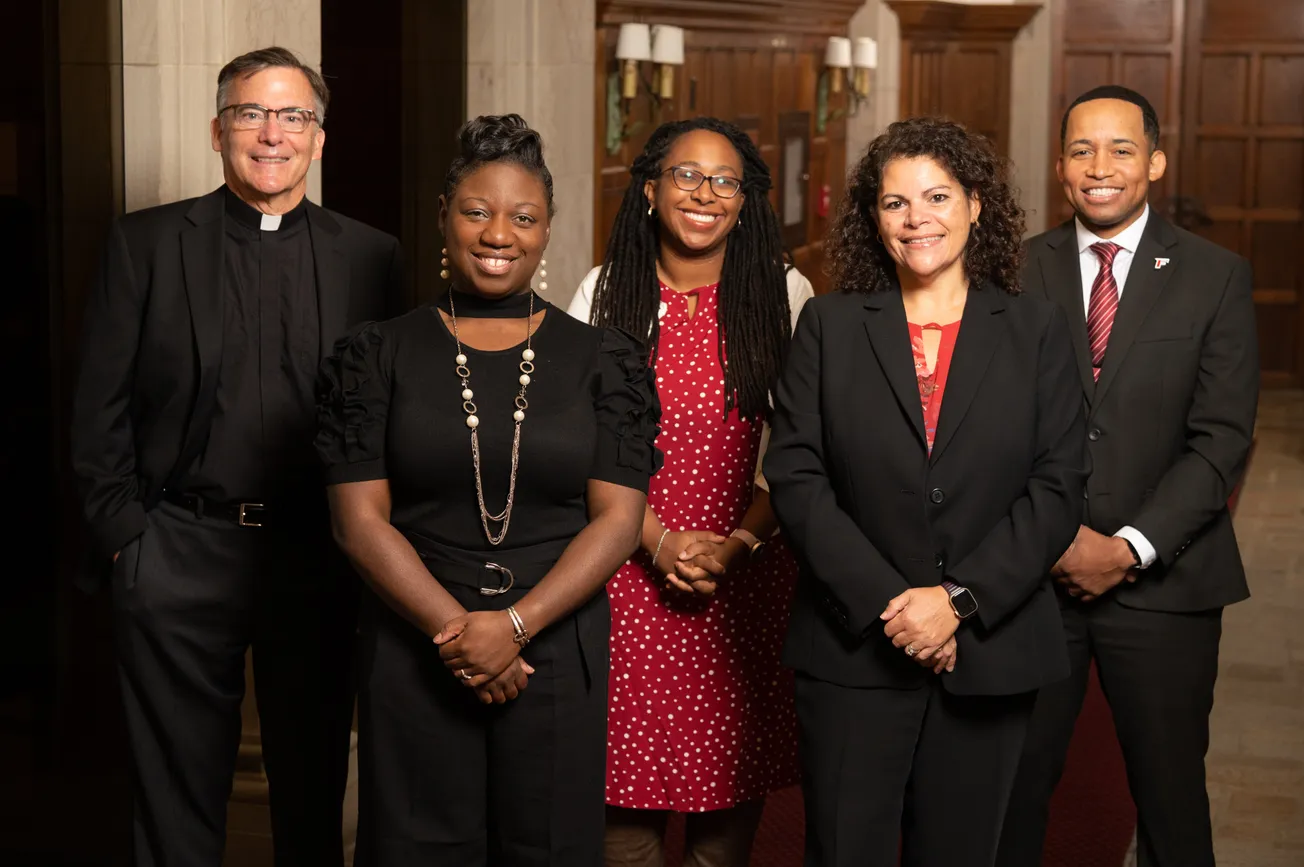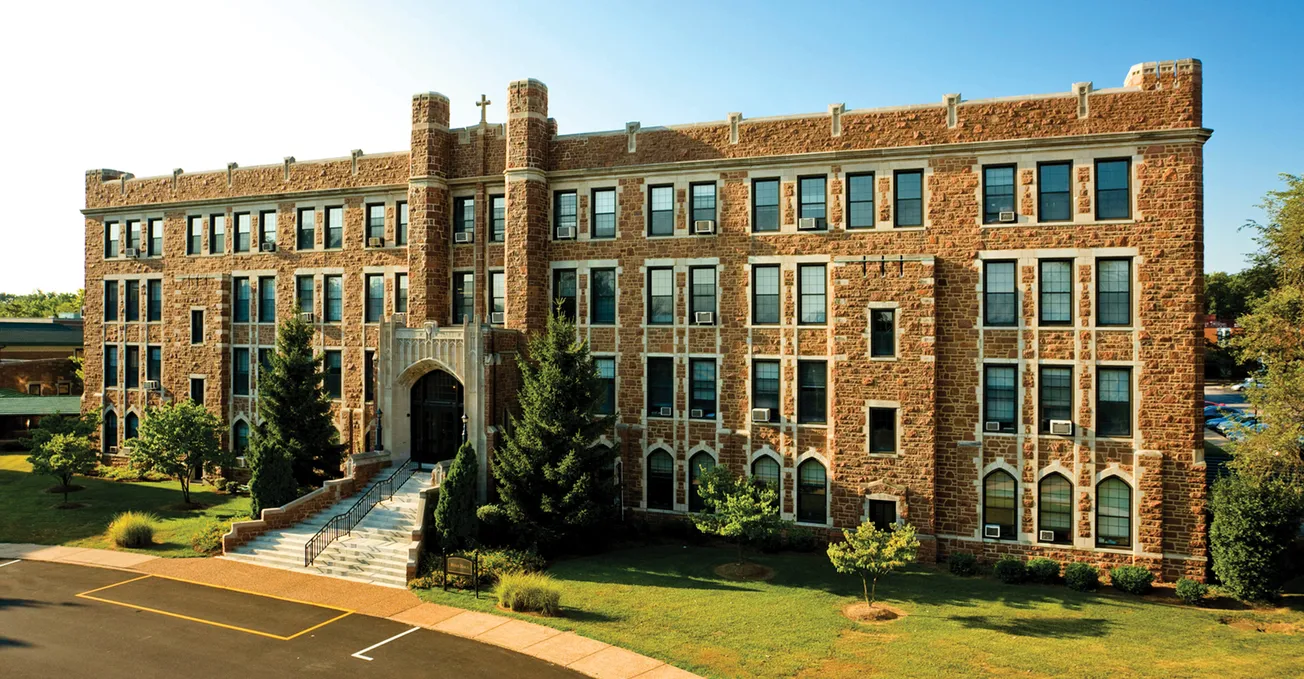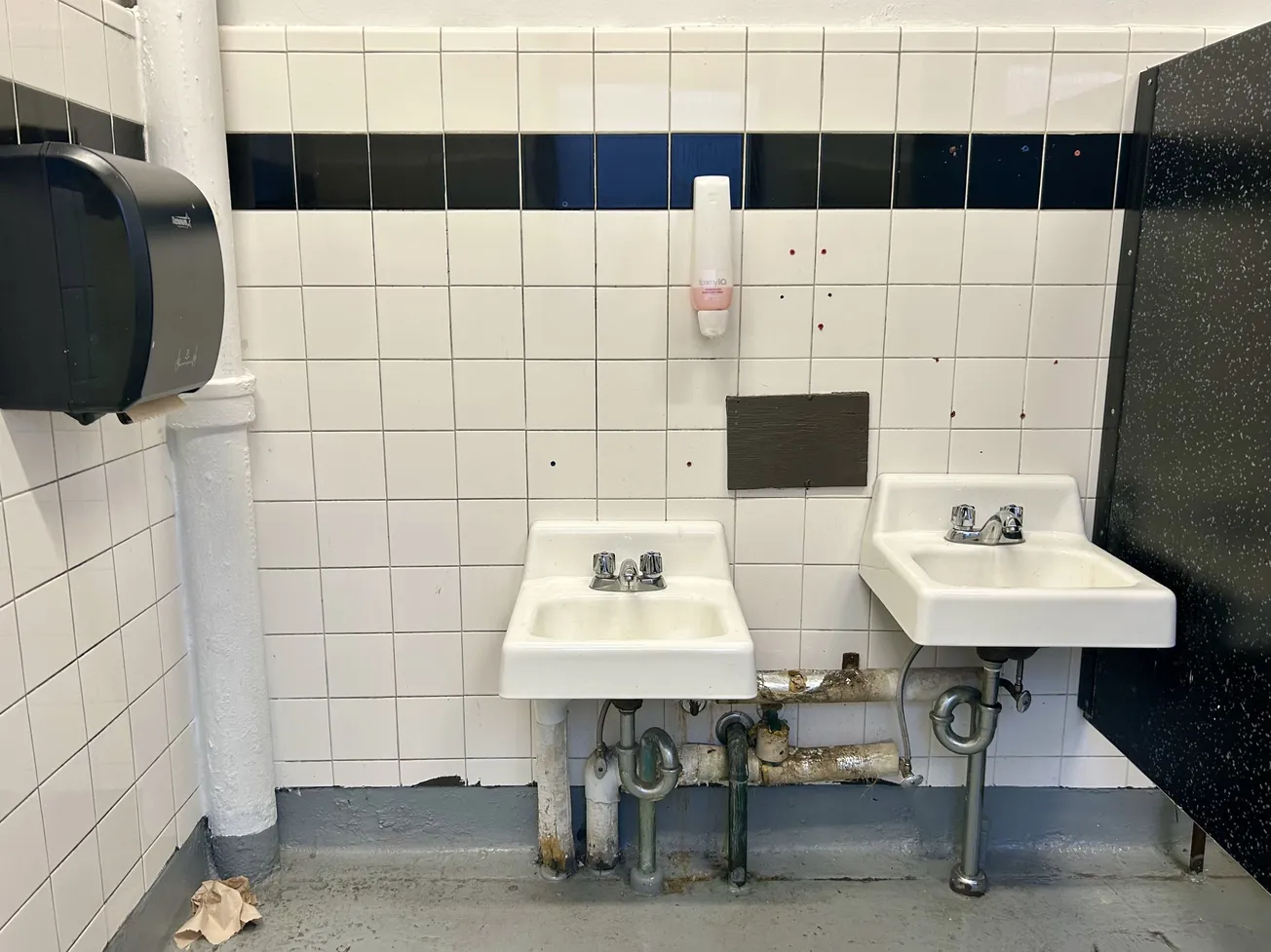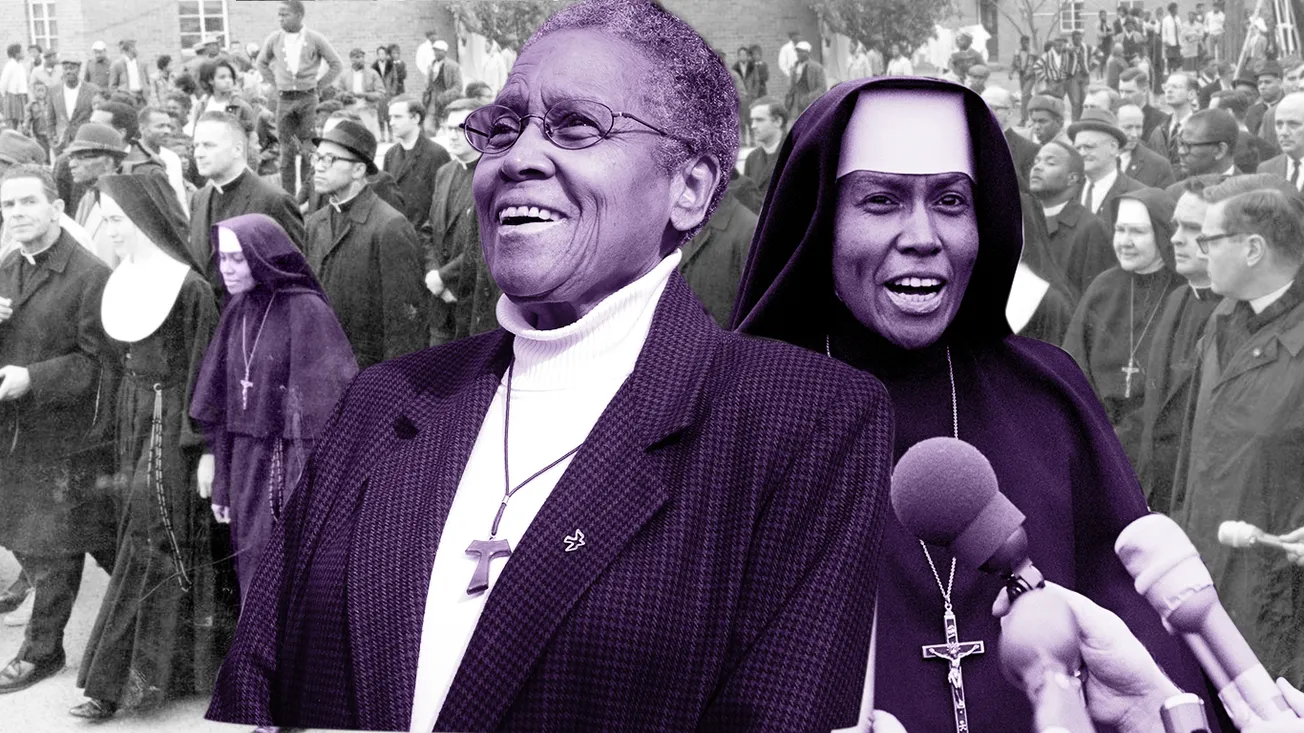Applications have opened for the new Bridgeport campus of Fairfield University, a Jesuit institution seeking to provide opportunities for low-income and first-generation students in western Connecticut.
The new location, called Fairfield Bellarmine, will offer two-year associate’s degrees and is set to be housed at the former St. Ambrose Catholic Church and School in the city’s Boston Ave/Mill Hill neighborhood.
“Named after St. Robert Bellarmine, S.J., the patron saint of Fairfield University, this new academic division of Fairfield will welcome the first cohort of up to 100 talented students to Bellarmine Campus… for the 2023-24 academic year,” the Diocese of Bridgeport announced on December 12.
“Fairfield Bellarmine graduates will be prepared to either continue their studies for two more years toward a bachelor’s degree or embark on a meaningful professional career.”
The application portal to new Fairfield Bellarmine program is officially open and accepting applications for Fall 2023 admission. https://t.co/ZjMlLr573Q #FairfieldU
— Fairfield University 🦌 (@FairfieldU) December 14, 2022
Plans for the new campus were first unveiled in 2021 by Fairfield president Dr. Mark Nemec, who called the new venture a chance to benefit communities “not currently served” by the university. Its main campus is located in the city of Fairfield, which like the school is overwhelmingly White and affluent.
The institution has faced accusations of anti-Blackness in recent years, including student reports of segregated and racially charged student parties, racial slurs being carved into school edifices, and the removal of a Black Lives Matter flag from campus in 2020.
Bridgeport, located just four miles east of the university’s main campus, is majority non-White, with 35% of the population identifying as Black and 42% as Hispanic. Just under a quarter of the city lives below the poverty line.
The new campus, a partnership between the Diocese of Bridgeport and the Society of Jesus, aims to provide increased access to higher education for a city where only a fifth of adults 25 or older have a bachelor's degree.
“In the Jesuit tradition of serving urban communities and opening access to education for all, Fairfield Bellarmine will offer strong professional preparation and enhanced academic support to low-income and first-generation students from the Greater Bridgeport area, at little or no cost to students and their families,” the diocese said.
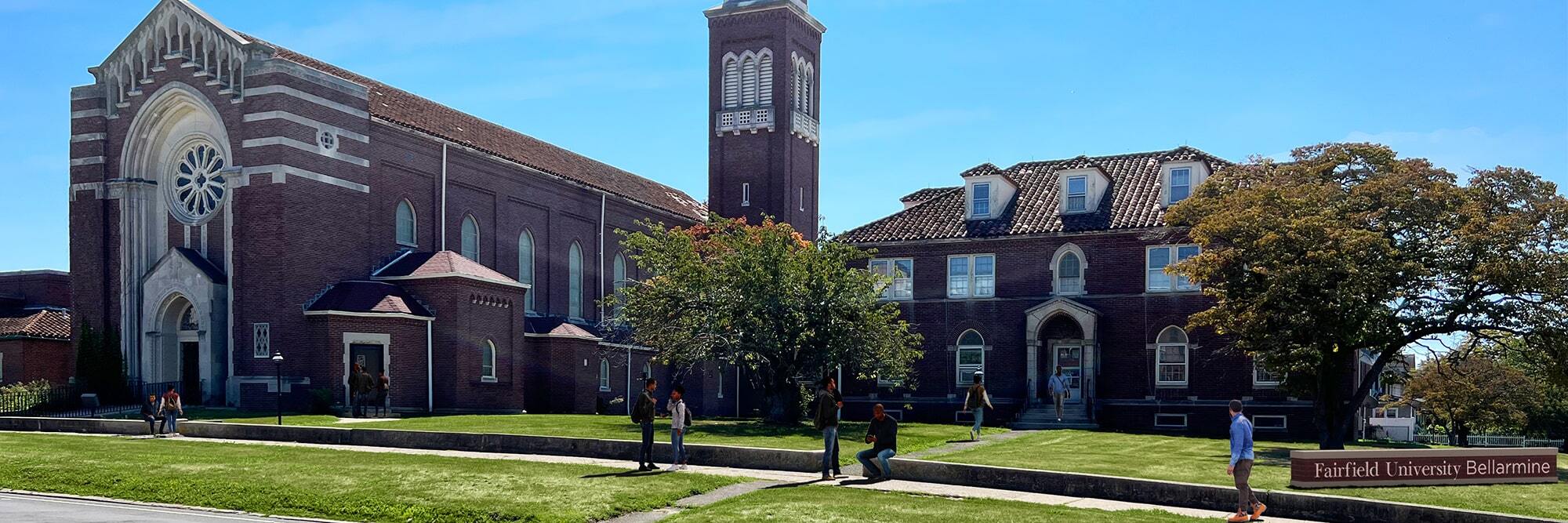
Not all local residents have supported the venture, however, with opposition arising earlier this year after the diocese first received approval to locate the campus at a former chancery building. Community backlash resulted in the summer shift to the new location in a less residential (and more Black) area of Bridgeport, but the university still faces an ongoing lawsuit concerning zoning restrictions.
Pressing forward, Fairfield announced its leadership team for the Bellarmine campus in October, most of whom are Black. After a groundbreaking ceremony early last month with Bridgeport Bishop Frank Caggiano, administrators announced that the campus will offer academic tracks in liberal arts, business, computer science, as well as nursing and healthcare.
“This Bellarmine initiative is all about answering our call to do more,” Nemec said at the event.
“This Bellarmine initiative answers Fairfield’s call to serve ever broader populations in ever more innovative ways. To be a university of the 21st century which recognizes that nothing is more dignifying, nothing is more empowering, nothing brings a human more fully alive than higher education.”
The priority deadline for prospective students to apply to Fairfield Bellarmine is March 1, 2023, and more information can be found on the campus website.
Nate Tinner-Williams is co-founder and editor of Black Catholic Messenger, a seminarian with the Josephites, and a ThM student with the Institute for Black Catholic Studies at Xavier University of Louisiana (XULA).


